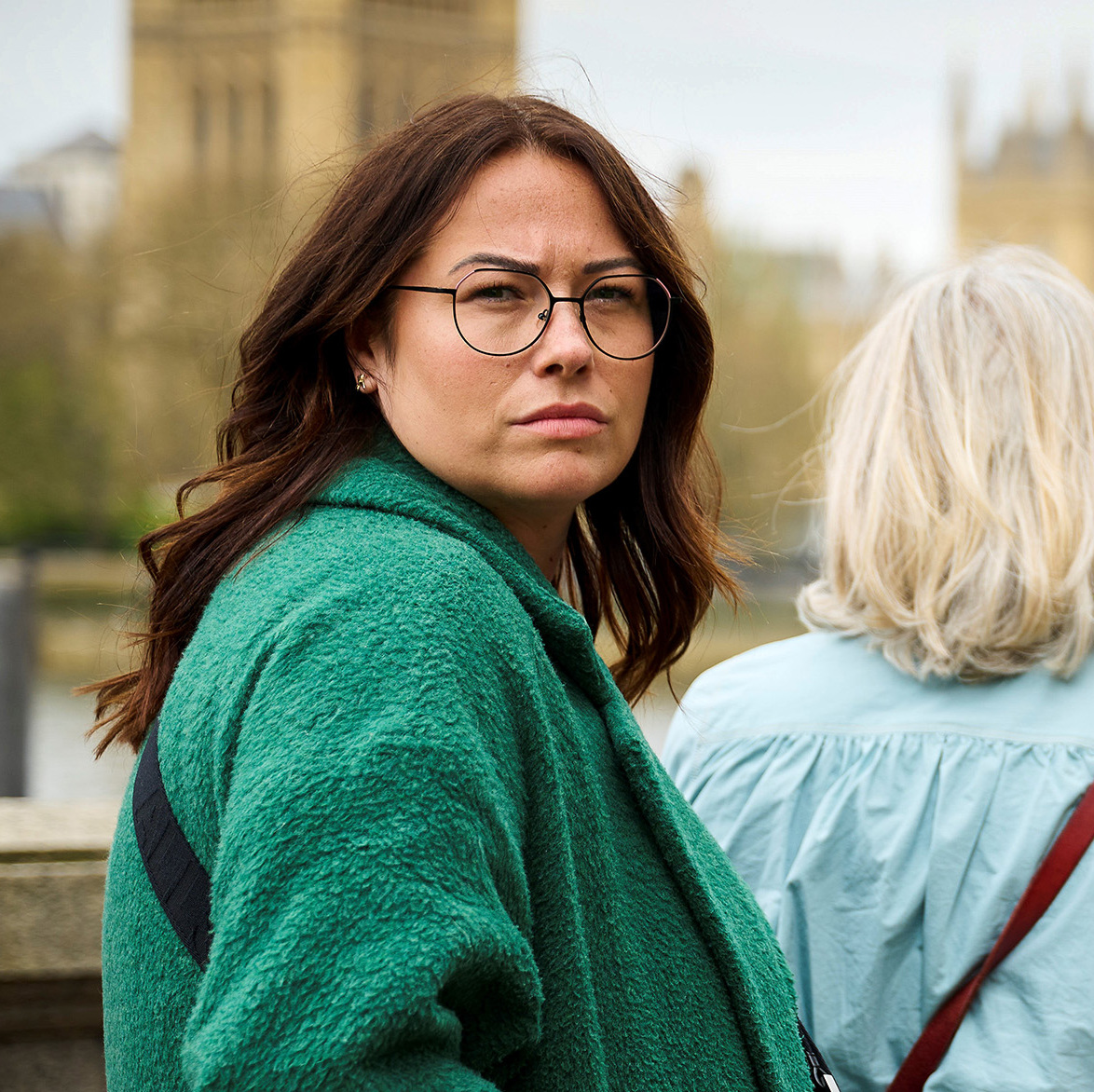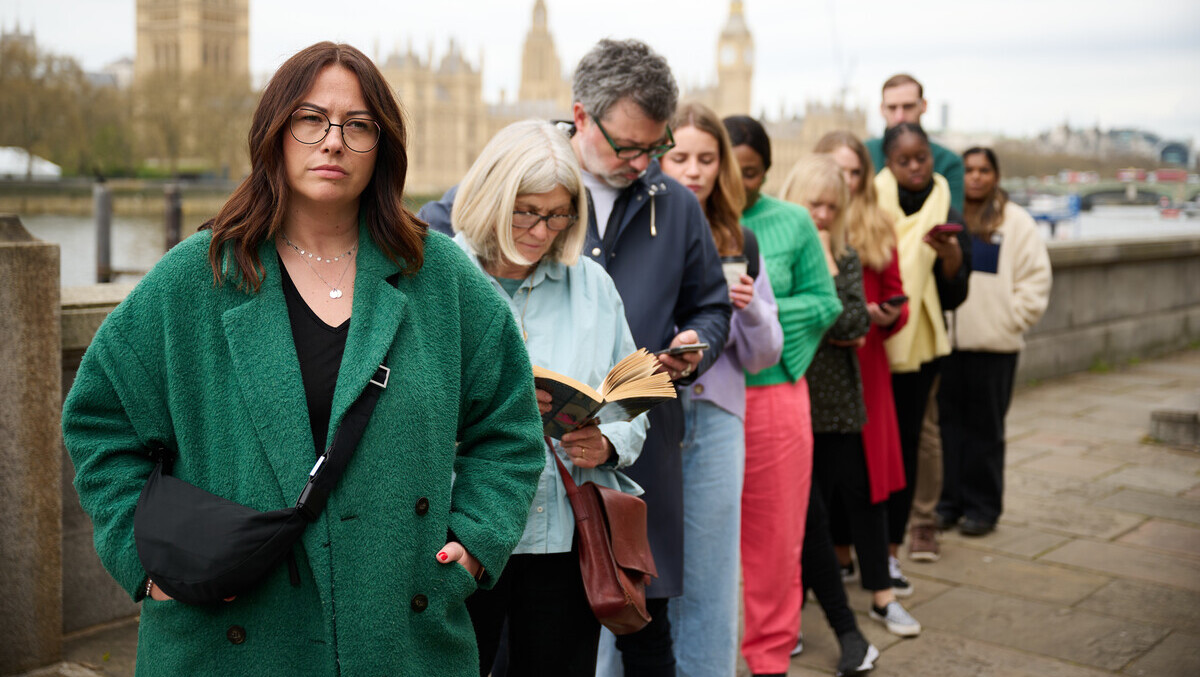
Campaign with us
Be part of a movement of tens of thousands of people across the UK, who are campaigning for better support for people living with cancer.
Campaign with Macmillan
We campaign for real change to improve the lives of everyone living with or with affected by cancer. Find out how your support makes a difference.

Take action

Join our campaign: What Are We Waiting For?
Helping you campaign
Do you want to campaign for people living with cancer? We have tools, tips and advice to help.
Do you have a story about how cancer has affected you?
Sharing your experience of cancer can help us to influence politicians and decision-makers to create a better world for people affected by cancer.


Our past campaigns
Find out about all the different ways in which our recent campaigns have helped people living with and affected by cancer.
Our other work
Our latest blogs
Read our most recent blogs about the campaign work we do to influence governments and shape policy.












